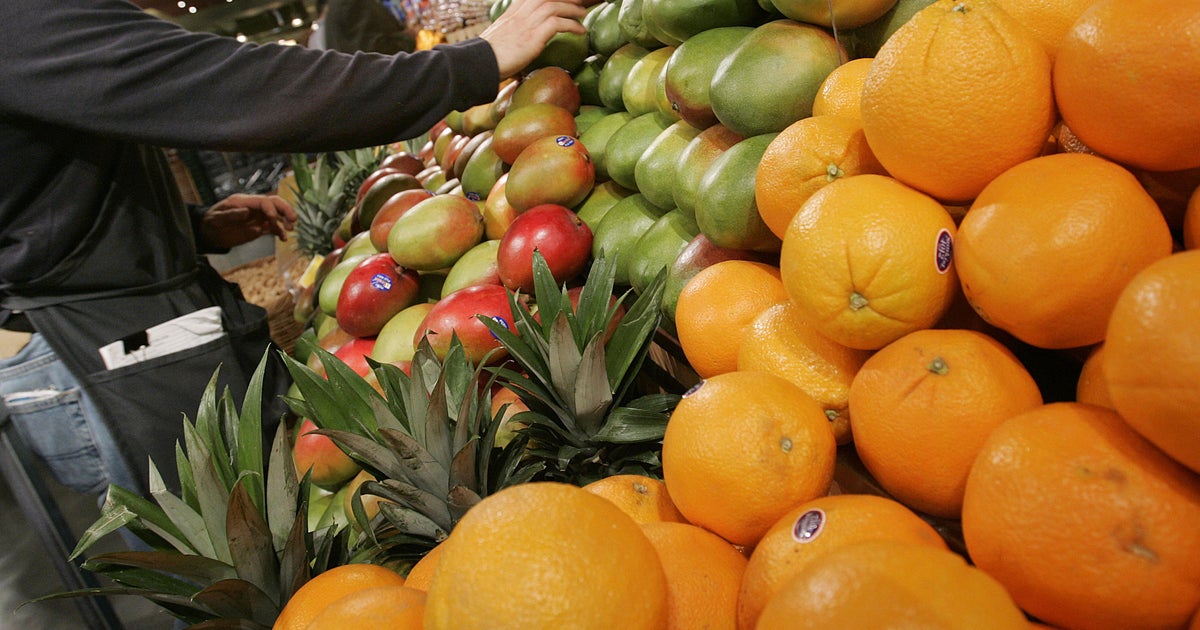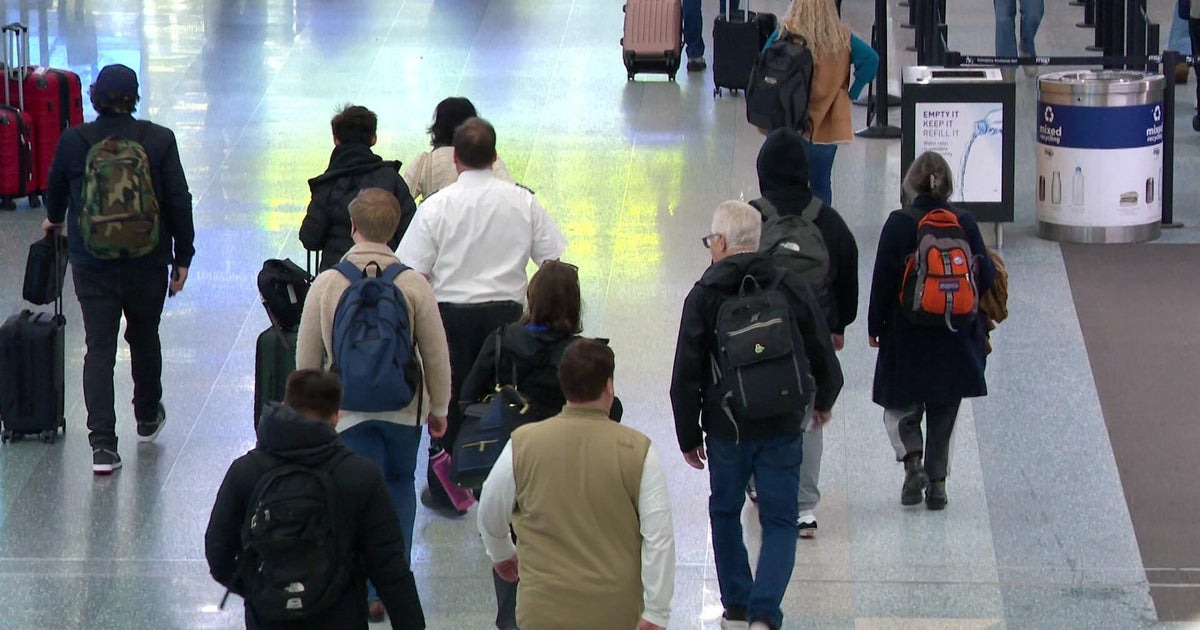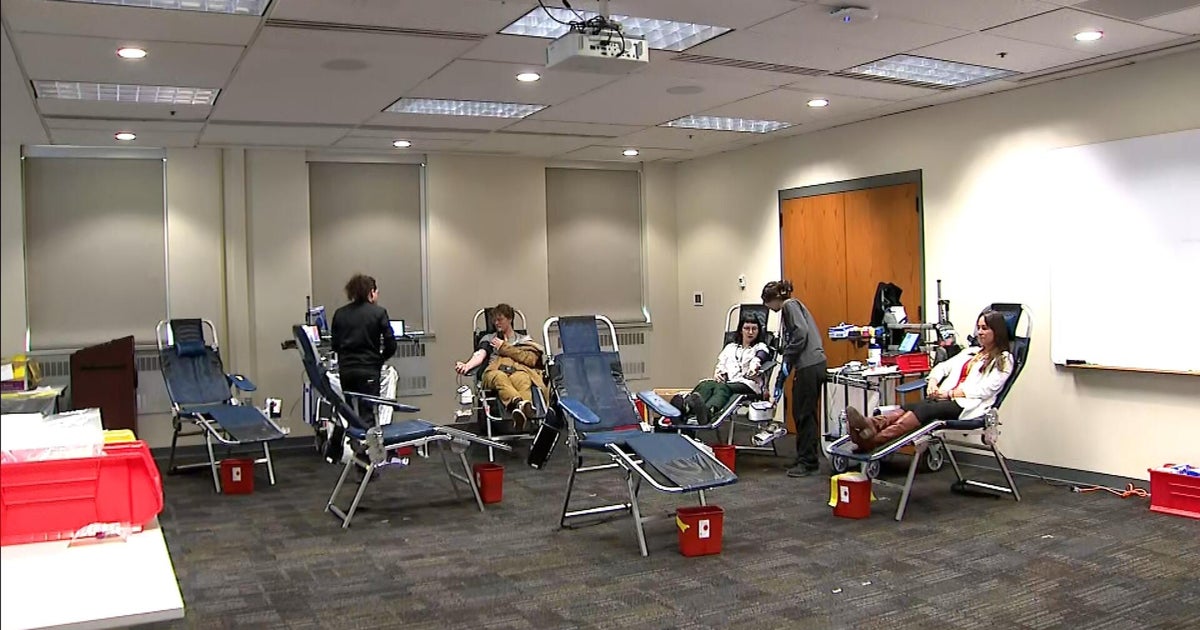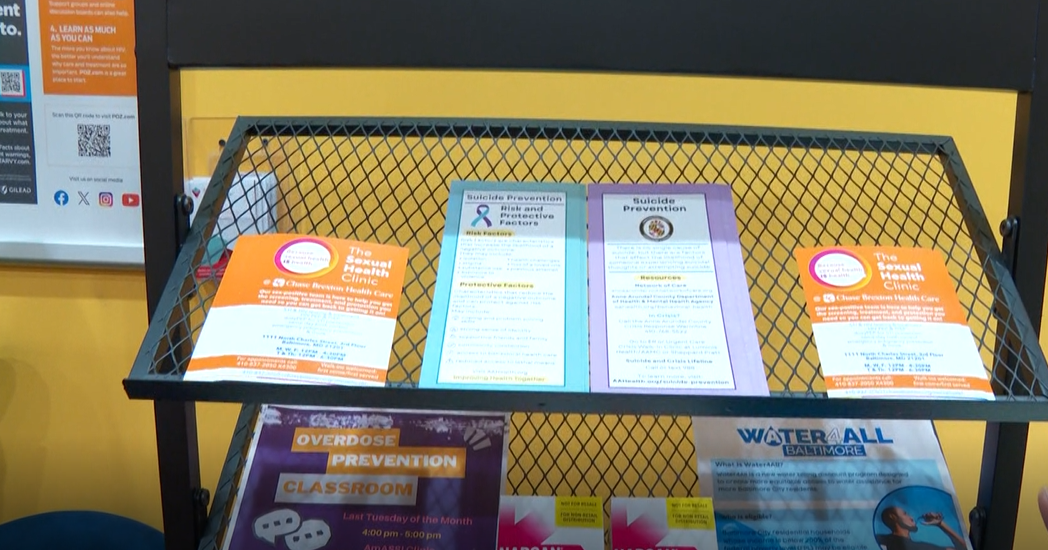Bird flu fears have Long Island poultry and egg farmers on edge
CALVERTON, N.Y. -- Bird lovers are being urged to temporarily take down backyard feeders to stop the recent outbreak of avian flu.
Some poultry and egg farmers on Long Island told CBS2's Jennifer McLogan on Monday the spread is a real concern.
Poultry farmer Lloyd Wayne Meyer worries about avian flu.
"It will wipe out your entire flock. If one bird gets it, it will spread. It's so contagious," he said.
His Calverton farm, Long Island Poultry, supplies live birds and eggs. A highly pathogenic strain of bird flu is spreading across the nation, brought by migrating flocks.
When asked what an outbreak would mean for his business, Meyer said, "We'd close. We'd be done. This is our main business and it's very scary."
He said he is keeping his bird population down, as feed is more expensive. His fresh eggs are $6 a dozen.
Bird flu hit the East End in February with a backyard flock of eight birds. An owl at the Wildlife Rescue Center in Hampton Bays is healthy, but three others in nearby Peconic died of the influenza.
The state Department of Agriculture and Markets recently had to destroy two large poultry flocks in Suffolk County, killing thousands of birds.
"It's about preventing intermingling with domestic flocks versus wild bird populations," said Rob Carpenter of the Long Island Farm Bureau. "We are talking about the health and safety of certain birds that may not be able to defend themselves from this virulent strain."
Like the songbirds in the Goodale's yard in Baiting Hollow.
"They are so beautiful, especially at this time of year. They are nesting. They are bringing their young into the world," Nancy Goodale said.
READ MORE: Bird flu detected in small backyard flock in Suffolk County
Several university experts are suggesting homeowners postpone filling their bird feeders and bird baths until at least Memorial Day, when the weather is warmer and the migrating bird flock threat subsides.
"It's scary because, you know, the end result is death," Goodale said.
Experts say keep baths and feeders clean to help stop the spread.
For more information on the bird flu, please click here.








